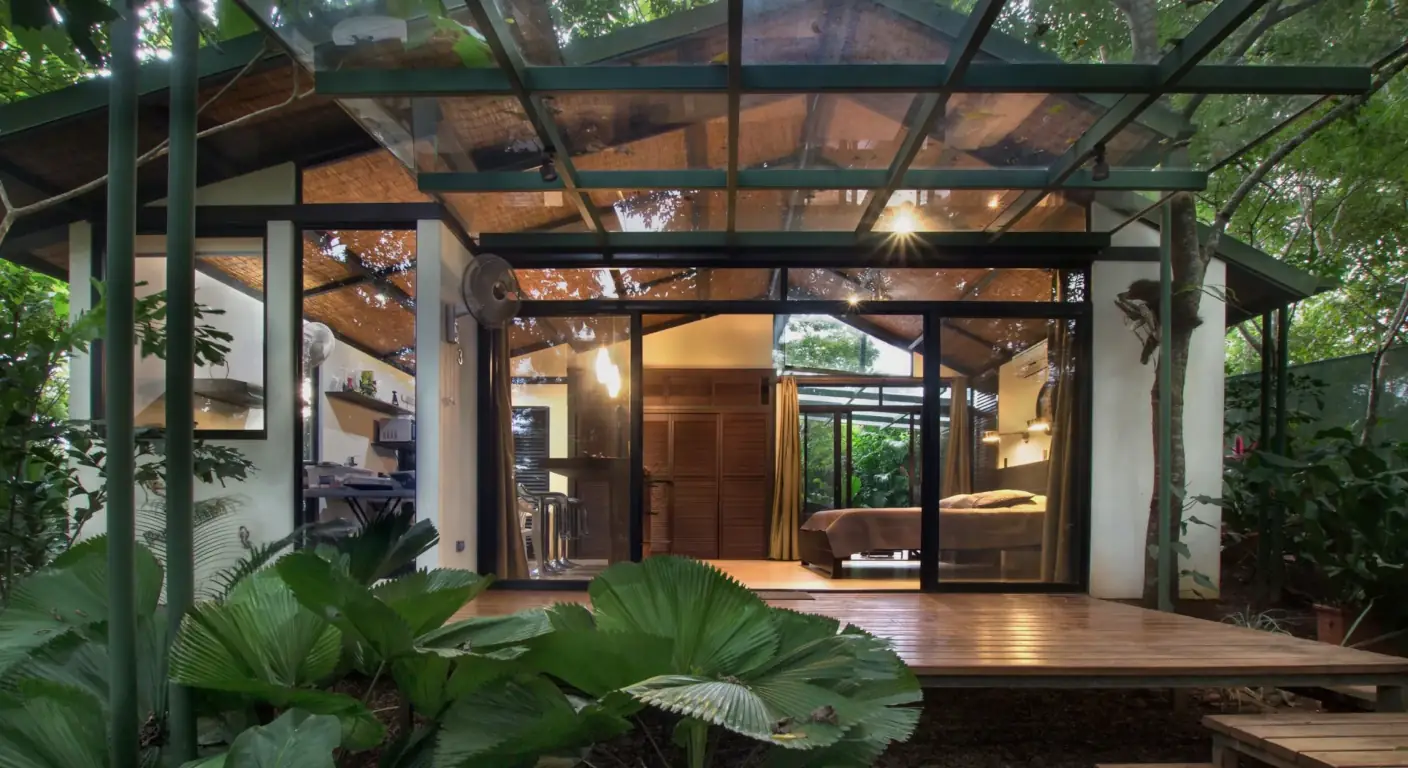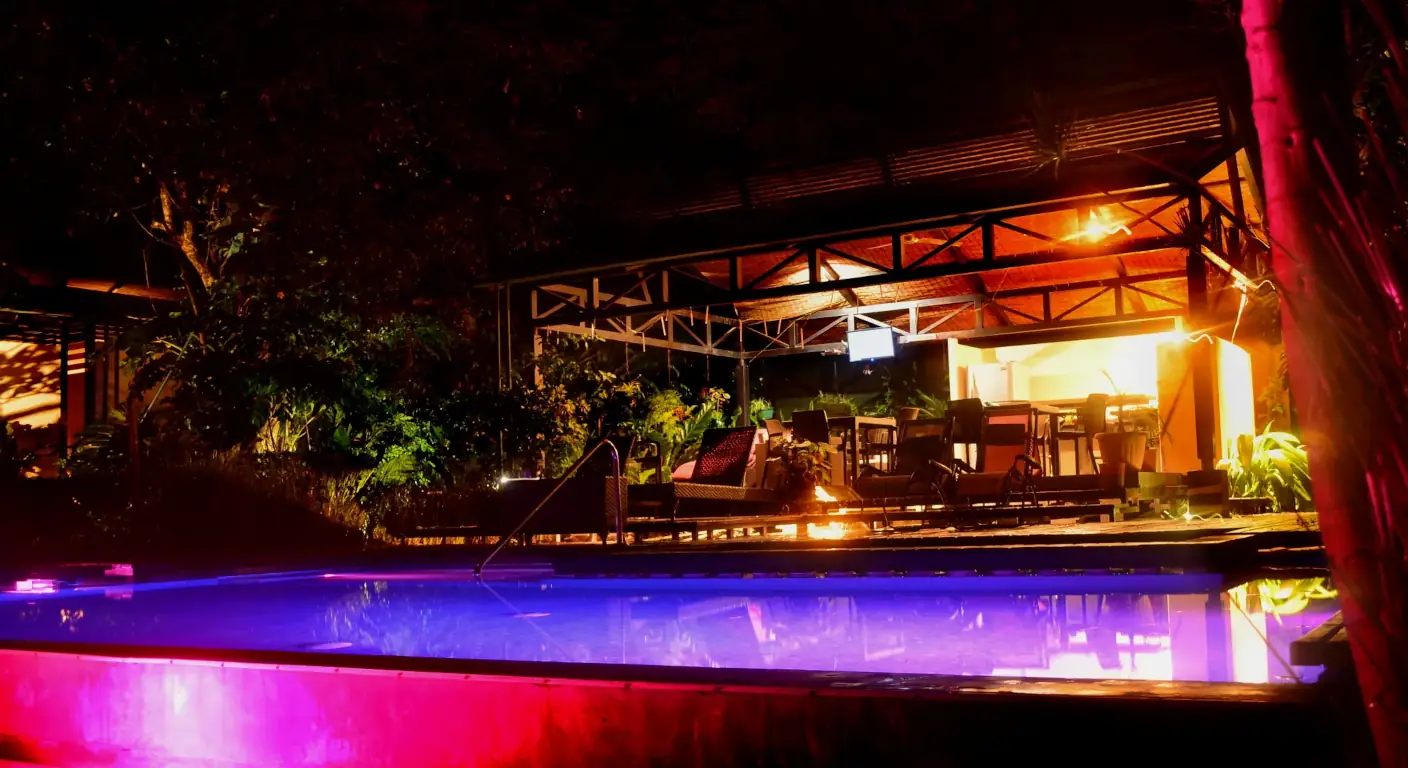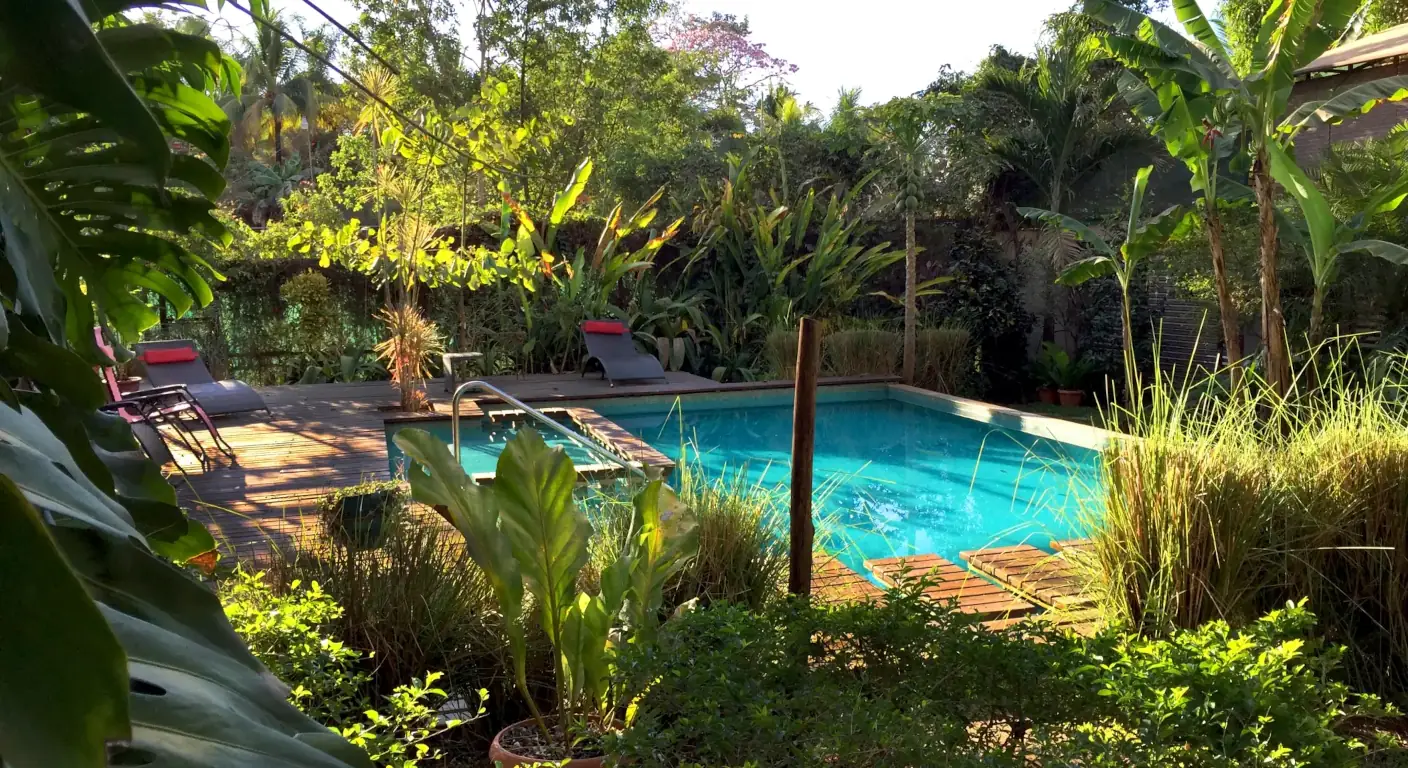Protected: Rediseño de Sitio
Protected: Reporte Rendimiento Zumaloft
Santa Teresa in Costa Rica, among the most recommended beaches…
Not long ago, the famous Trip Advisor website published a list of the 10 most recommended beaches by visitors and tourists who visited Central America. Eight of those ten beaches are Costa Rica, proving once again that this country stands for the beauty of its natural resources.
Continue reading
Toucan recently attacked will receive prosthesis.
Recently, a notice shaken to all animals lovers and public in general on Costa Rica, a toucan received an attack apparently from a group of teenagers and his beak was torn off.
Since them the toucan which is called now “Grecia” has been on the Animal Rescue Clinic located at the Zoo Ave in La Garita, Alajuela.
Now in collaboration of the private companies a new beak will be manufactured and placed as a prosthesis so “Grecia” will be having a normal life again.
The toucan was receiving his food through a tube, but in recent days he just like to receive small amounts of food he takes with his claws, but he still need the prosthesis as his caretaker pointed out.
Grecia is now recovering fast at the bird refugee, so the placing of the prosthesis will start this March.
Costa Rica is well known on the world for its efforts on protecting fauna and flora, these kind of situations, if its true that rarely happens, should be avoided. Parents needs to teach kids respect toward animals.
Well known biologist dies at 68
Álvaro Ugalde, was one of the most important promoter of the Costa Rica system of national parks has just pass away last february at 68 years old because an infarct.
Ugalde aside with Mario Boza promoted on the 70s a initiative for defending Costa Rica’s rich biodiversity which ended in the foundation of many national parks and nature reserves. Nowadays those protected areas cover almost 25% of the Costa Rica territory.
Being the tourism one of the most important economic factors of our central america country, is safe to said that Alvaro legacy is of great importance in Costa Rica actual history.
All the protected nature areas receive thousands of visitors every year.
Thanks Alvaro, for taking care of our flora and fauna.
Traveling by ferry
Surely, one of the most pleasant experiences for who are traveling to Montezuma, Costa Rica, is traveling across the sea in ferry. The ferry is not only a transport mean, but it have all the amenities to make the one hour and half trip between Puntarenas and Paquera a really nice experience.
Continue reading
A local jury gave the reason to the Costa Rica government in a case about oil exploration.
Costa Rica reassures it’s compromise with the environment, winning a case against the oil company Harken. The resolution is catalogued as historical by the Costa Rica government and many civil and ecologist associations that are part of ADELA (Accion de Lucha Anti Petrolera) which helped the Costa Rica state in this litigation.
Harken Energy demanded Costa Rica almost thirteen years ago in the CIADI because the government rescinded the contract that allowed the oil company to start the search for petroleum deposits in the caribbean zone of the country, because the company didnt meet the legal requirements in that moment, one of these requisites was the approbation of the Setena´s environmental impact report, which Harken never got, plus the company never fulfilled the payment the 10% of the guarantee compliance for the exploration fase or the 1% of enviroment guarantee, which is actually a ridiculous number since in the case of enviromental disaster, the costs of solving it would be much higher.
No matter what, the case was never seen on the CIADI, because the contract between Costa Rica and Harken is clear that any conflict should be resolved in the local instances at the central american country.
Harken finally decided to take the case to the “Tribunal Contencioso Administrativo” which the last December 16th finally decided to reject all the points presented in the demand made by the oil company.
This is a great advance in Costa Rica environmental protection history, remarking the the country’s first compromise is with the environment, protecting it for the next generations…
German government aid Costa Rica against climate change!!
Fighting climate change using different initiatives is one of the most relevant and important points of the German Embassy in the country.
Costa Rica receives reinforcement from Germany for multiple conceived in environmental protection programs. For example, the German Agency for development cooperation (GIZ), working on 16 projects, 70 of whom work on German and Costa Rican. The organization invests a total of 50 million euros in the country.
“Climate change is a fundamental issue, because this depends on the life of future generations, both in Germany and Costa Rica. Internationally, our countries are strategic partners in this field, “said Ingo Winkelmann, Ambassador of the Federal Republic of Germany in San Jose.
Likewise, politics, culture and economy are other priorities of the Germans in the country.
By the Chamber of Commerce economic relations between the two governments are strengthened. “Companies want fundamental factors such as high levels of education staff, good logistics and infrastructure, low overhead, and little bureaucracy before making investment decisions,” Winkelmann said.
An example is Bayer, German chemical and pharmaceutical company, which invested about 2 billion euros this year at its facility in Costa Rica.
A cultural agreement established between the two governments is the Goethe Centre, an institution where courses are offered to learn German at different levels.
The training center is the only recognized in the country by the German State. It is open to the public at the offices located in the Humboldt School in Pavas and Bible College in San Pedro.
Also, if the Costa Rican students wishing to apply to a university in the country, the German Academic Exchange Service (DAAD) offers scholarships for masters and doctorate in about 37 areas.
The first step to apply for this financial support is to meet the requirements to continue graduate studies at a German university and then approach the company website to discover more information.
In the last 10 years, the DAAD has provided scholarships to 2,400 students in Central America.
“I want to maintain good relations we have maintained both countries during previous years. Costa Rica is our partner for excellence in Central America, due to the political stability and democratic culture, “said Winkelmann.
People work on reforesting to protect aquifers.
People in the area of Los Santos devoted themselves to intense reforestation of Mount La Trinidad forest which suffered last year 2008 a terrible fire that swept over 45 acres and put in grave danger important aquifers for the area.
Reforestation efforts aim to protect these waters, the project required an extensive planning, a task that had the support of institutions such as the Instituto Costarricense de Electricidad, ICE, College of Environmental Law and Natural Resources (Cedarena) and the private company, the Guardian Tork SCA Water program.
Thanks to this project, people successfully replanted until 8.7 hectares, equivalent to 4,700 square meters, which directly benefit the more than 35 thousand citizens of the three counties of the Los Santos.
Zumaloft, Montezuma, Costa Rica.






